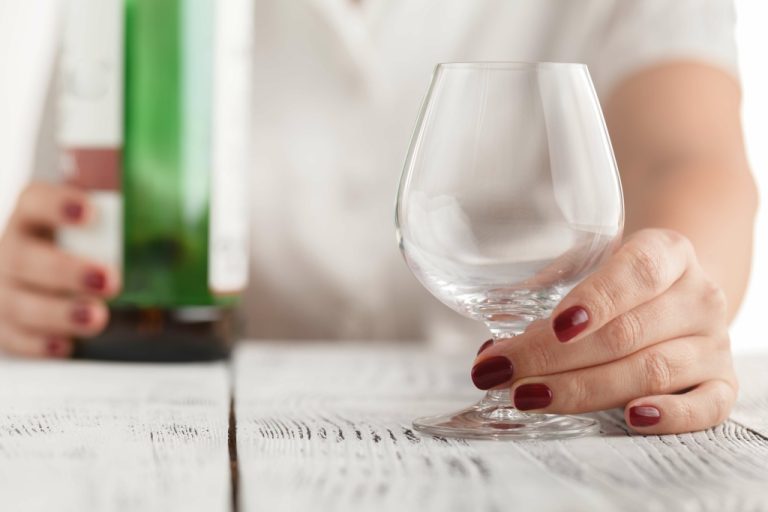Content
The COVID-19 crisis has created heightened anxiety and depression, increasing the risk of substance abuse. Family members often have their own emotional problems that come from coping with their loved one’s addiction. They can often benefit from attending their own support group, sharing their stories and experiences with other families. Nar-Anon, an offshoot of Narcotics Anonymous, is the most well-known. Methadone Anonymous is a similar 12-step program that acknowledges the value of maintenance therapy with methadone or Suboxone (buprenorphine/naloxone) for recovery. Ask yourself, will more lying, more isolating, and more of the same make you feel better?
While relapse is a normal part of recovery, for some drugs, it can be very dangerous—even deadly. If a person uses as much of the drug as they did before quitting, they can easily overdose because their bodies are no longer adapted to their previous level of drug exposure. An overdose happens when the person uses enough of a drug to produce uncomfortable feelings, life-threatening symptoms, or death.
The Effect of Drugs and Alcohol on the Brain
RICARES is a grassroots recovery effort located in Providence, Rhode Island that focuses on creating a socially just community for all Rhode Islanders impacted by alcohol and substance use disorders. Recovery Organization of Support Specialists (ROSS) is a peer-run organization in Birmingham, Alabama https://curiousmindmagazine.com/selecting-the-most-suitable-sober-house-for-addiction-recovery/ assisting individuals with a substance use disorder in obtaining and maintaining recovery. ROSS offers peer support to help improve an individual’s emotional health, well-being, and sense of belonging. Many people in addiction recovery say their spirituality is important in staying clean and sober.

Usually the first step is to purge your body of drugs and manage withdrawal symptoms. Different tools work for different people, but ongoing therapy and self-help groups such as Narcotics Anonymous help many. Medications can help modify your brain chemistry to help treat certain SUDs. Adolescents are especially at risk for developing SUD due to exposure. Adolescents who start using substances early are more likely to develop an SUD. About 70% percent of people who began using at age 13 have an SUD compared to 27% who started at age 17.
Individualized, evidence based treatment, to fit your needs.
One widely used model can be summed up in the acronym CHIME, identifying the key ingredients of recovery. Vivitrol is the same medication; however, it is provided as an injectable medication that is given once every four weeks. It is one of the few non-addictive medications on the market that has demonstrated success in treating both conditions.
- Sometimes it is helpful to have these consequences listed on a small card that you keep with you.
- You’ve spent so much time learning how to lie that telling the truth, no matter how good it is for you, won’t feel natural.
- But cravings don’t last forever, and they tend to lessen in intensity over time.
- The medication works by binding & blocking chemical receptors used by Opioids and alcohol, reducing cravings for both Opioids and alcohol.
Your addiction has given you the opportunity to change your life. Changing your life is what makes recovery both difficult and rewarding. You have to lie about getting your drug, using it, hiding its consequences, and planning your next relapse.
Substance Use Treatment
With physical dependence, your body has adapted to the presence of the substance, and withdrawal symptoms happen if you suddenly stop taking the drug or you take a reduced dosage. Experts believe that tackling the emotional residue of addiction—the guilt and shame—is fundamental to building a healthy life. It’s not possible to undo the damage that was done, but it is possible to build new sources of self-respect by acknowledging past harms, repairing relationships, and maintaining the commitment to recovery.
- Recovery from a substance use disorder is defined as a process of improved physical, psychological, and social well-being and health after having suffered from a substance-related condition.
- Your loved one might relapse several times before finding an effective treatment method that keeps them on track.
- The best way to handle a relapse is to take quick action to seek help, whether it’s intensifying support from family, friends, and peers or entering a treatment program.
- As the U.S. struggles with rising crime and civil unrest, there are cries to reimagine the practice of community policing.
- This will help clients gradually re-enter their daily lives without the fears of relapse.













